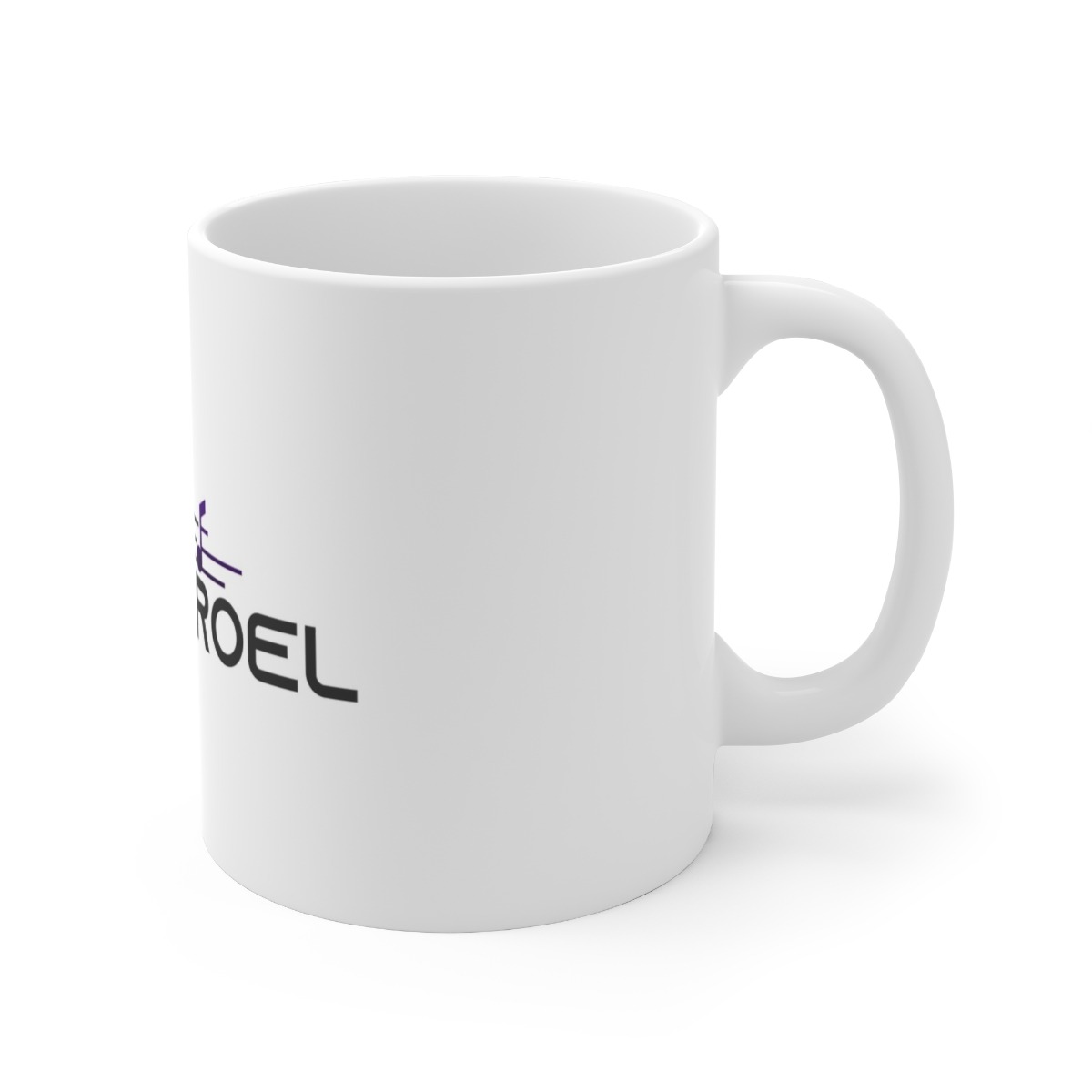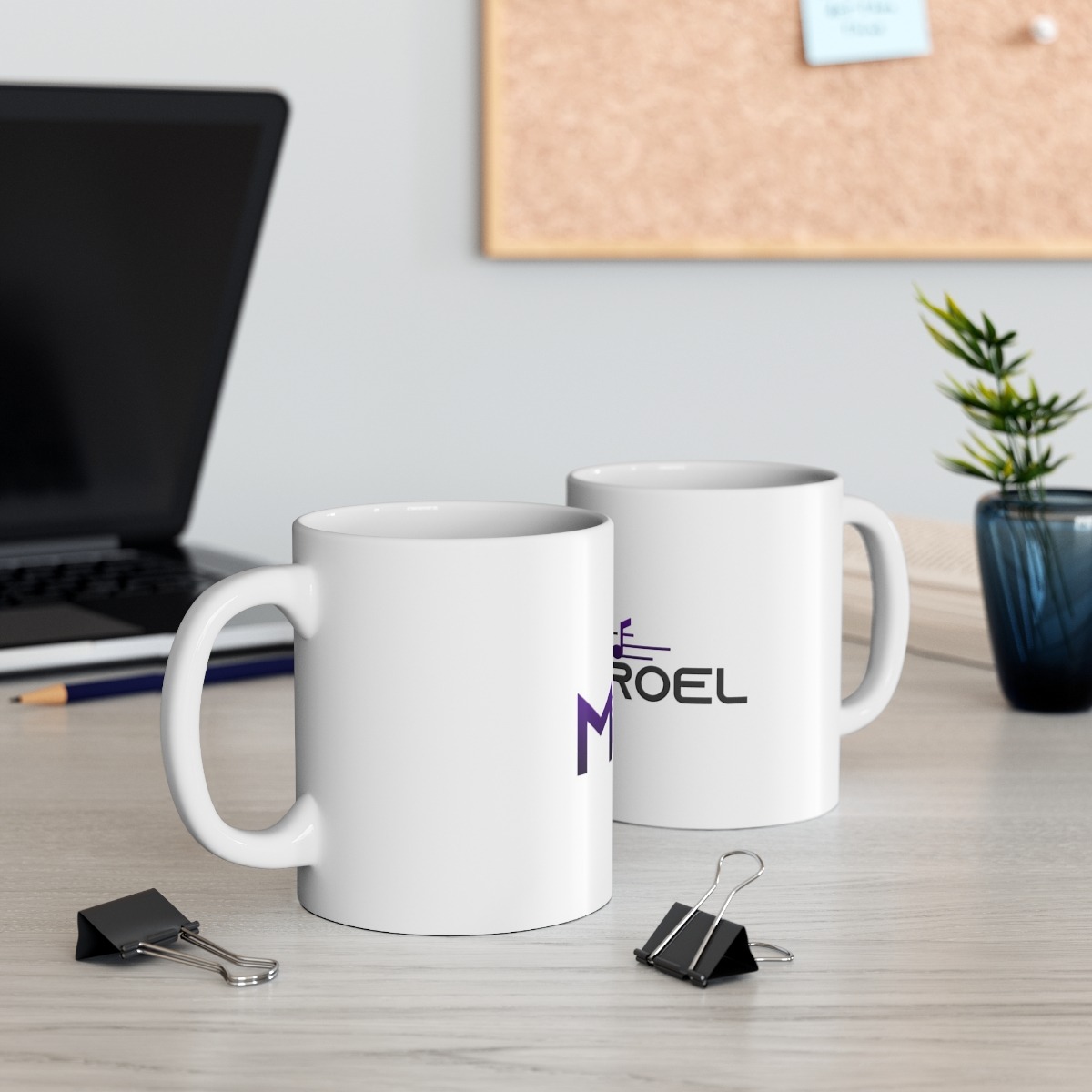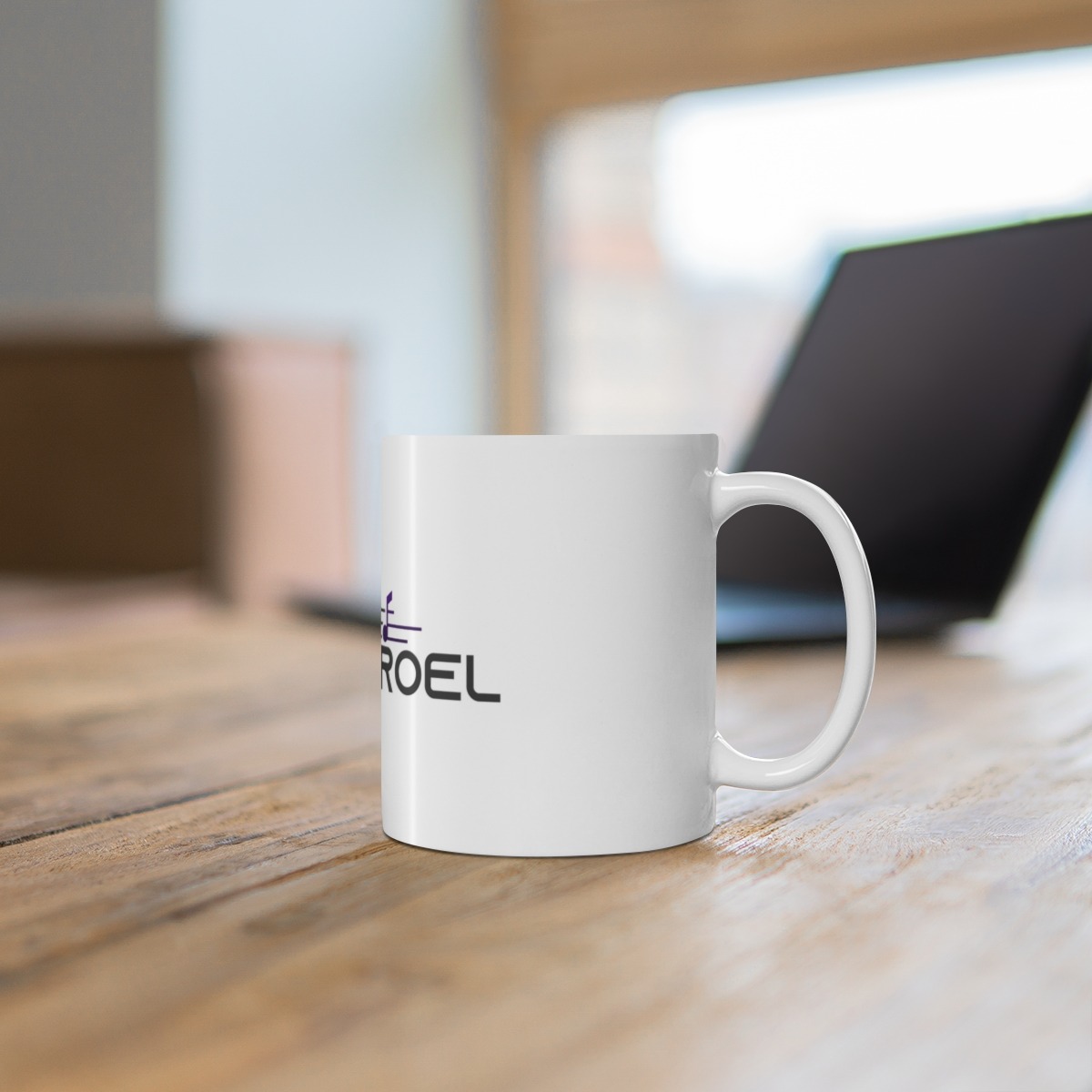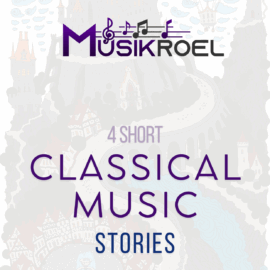Bach wrote the coffee cantata “Schweigt stille, plaudert nicht” just to show how indispensable coffee was to him. Back then, it was a beverage for men, and women had to settle for tea. Twice a week, he took the time to go to Zimmerman’s for a cup of coffee,
Neither Beethoven nor Mahler could do without it. For Beethoven, coffee was an essential part of his creative process; for Mahler, it was a source of inspiration. The ritual of making and drinking coffee, the taste and smell, and perhaps the caffeine made drinking coffee a resting point for the composers where energy and ideas were gathered.
Voltaire claimed that coffee is a great power in my life. Kant restricted himself to one cup a day. Kierkegaard made a spectacle out of drinking his coffee. Many philosophers where regular guests of coffee houses,
Given the profound connection between coffee and classical music and philosophy, it’s worth pondering over this next time you enjoy a cup. With a coffee mug in hand, you can savor the rich history and influence of coffee on philosophers’ and composers’ notes and work, enhancing your appreciation for both.










Reviews
There are no reviews yet.